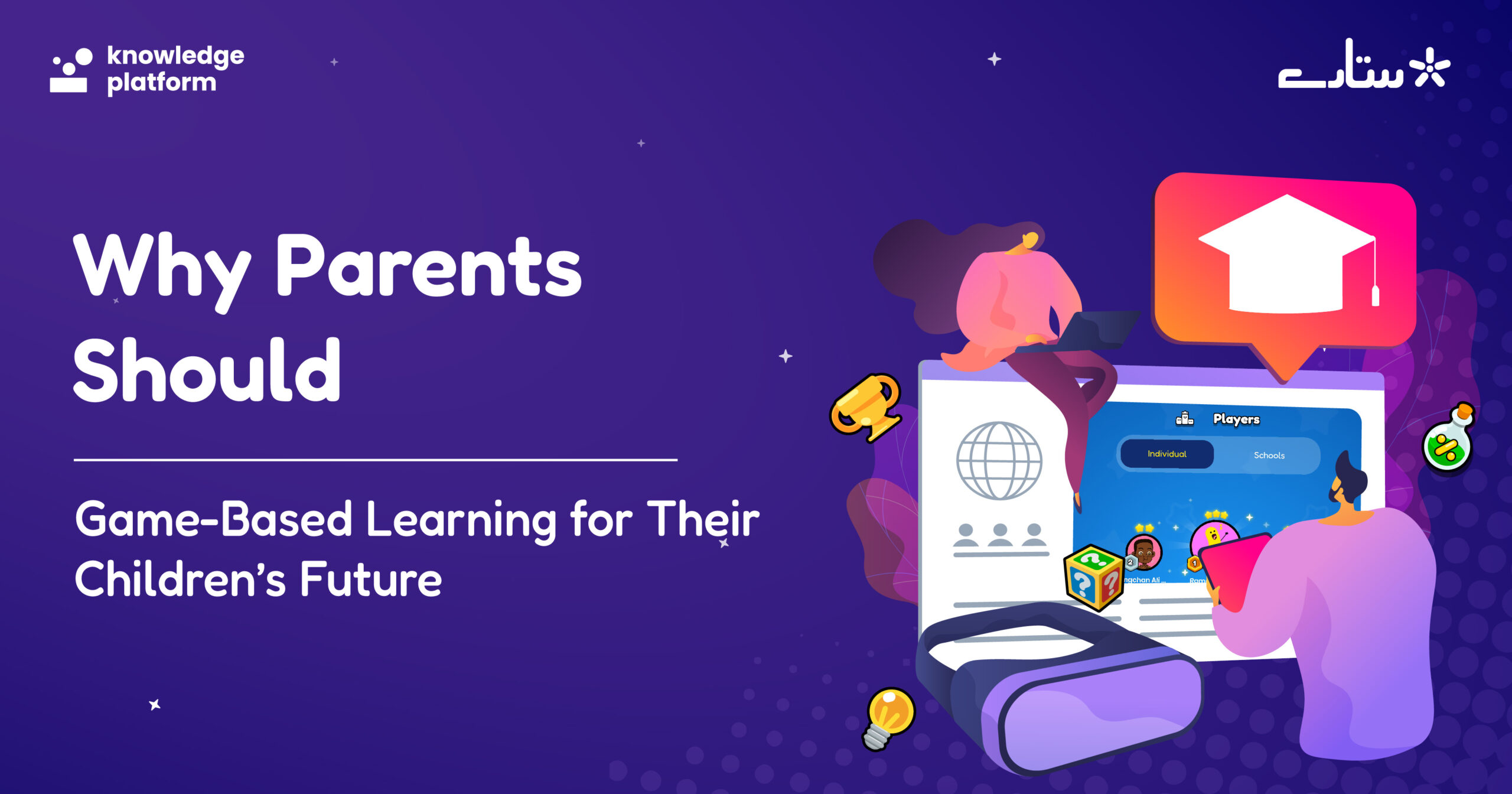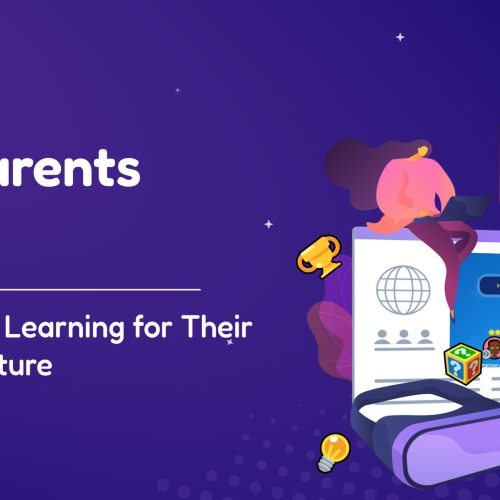Remember when you were a child and spent hours engrossed in the world of video games? Imagine if that could actually help you learn!
Education is undergoing a significant transformation in today’s rapidly evolving technological landscape. One of the most promising trends is the integration of game-based learning into the educational curriculum. This approach leverages the power of games to create engaging, interactive, and effective learning experiences. As parents, understanding the benefits of game-based learning and embracing its potential can equip your children with the skills they need to thrive in the future.
Addressing Concerns and Misconceptions
Before diving into the benefits of game-based learning, let’s address some common concerns and misconceptions:
- Concern: Games are merely a form of entertainment.
Response: While games can be fun, they can also be powerful educational tools when designed with specific learning objectives in mind. Game-based learning can incorporate elements of problem-solving, critical thinking, and creativity, making it a valuable supplement to traditional classroom instruction.
- Concern: Excessive screen time can be harmful to children’s development.
Response: Establishing healthy screen time limits and balancing game-based learning with other activities is essential. Parents can set guidelines for game usage, such as limiting playtime to specific hours or using parental controls to monitor content. They can also encourage regular breaks to counterbalance screen time and engage with the child during gameplay to understand what they are learning and to foster discussions about the content.
- Concern: Games may not be suitable for all subjects or learning styles.
Response: Various game-based learning resources exist that cater to different subjects and learning preferences. From language arts to mathematics and science, games can be designed to support learning in a wide range of disciplines. Additionally, game-based learning can accommodate different learning styles, such as visual, auditory, and kinesthetic learners.
The Appeal of Games
Children are naturally drawn to games. They offer a sense of fun, challenge, and accomplishment. Game-based learning capitalises on this innate attraction to create a stimulating and immersive learning environment. Games can be designed to target specific learning objectives, making them a valuable tool for developing various skills.
What We Offer
Two prominent platforms that offer a rich collection of game-based learning resources are Bonzo and Sitarey. These platforms provide parents and educators with access to a diverse range of engaging and educational games that can support children’s learning in various subjects.
Bonzo: Bonzo is a platform that offers a variety of educational games designed to enhance children’s cognitive skills, problem-solving abilities, and creativity. Their games cover various subjects, including mathematics, language arts, science, and social studies.
Sitarey: Sitarey is a platform that provides game-based learning experiences in subjects like mathematics, science, and coding. Their games are designed to be both fun and challenging, encouraging children to explore and discover new concepts.
These platforms offer a convenient way for parents to access high-quality game-based learning resources and supplement their children’s education. By utilising Bonzo and Sitarey, parents can provide their children with engaging and compelling learning experiences that foster a love of learning and prepare them for future success.
Have you tried any game-based learning platforms with your children? What were your experiences?
In today’s digital age, game-based learning supported by platforms like Bonzo and Sitarey offers a valuable opportunity to prepare children for the future. By embracing this innovative approach, parents can scaffold their children’s development, enhance their learning experiences, and equip them with the skills they need to succeed in a rapidly changing world.
Follow us on social media for more updates.

